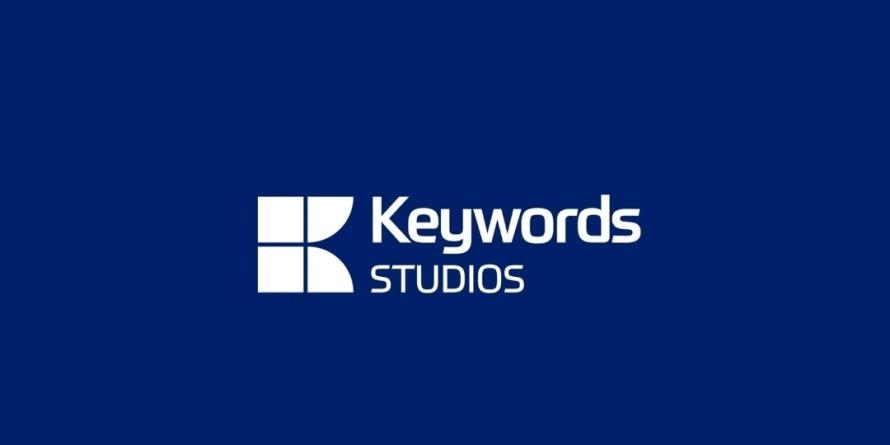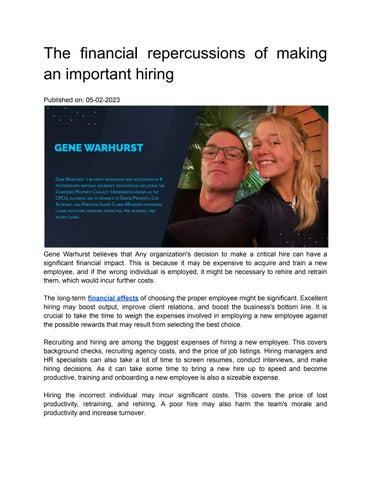Title: Keywords Studios Says It Is Willing to Accept £100m Less From Suitor – The Guardian
in the high-stakes arena of corporate acquisitions, where negotiations often resemble a meticulously scripted game of chess, Keywords Studios has thrown an unexpected curveball. The global video game services giant, known for its behind-the-scenes role in shaping blockbuster titles, has opted to recalibrate its strategy—agreeing to shave a staggering £100 million off its acquisition price tag.As reported by The Guardian, this decision marks a rare pivot in the dance of mergers and acquisitions, where pride, principle, and profit typically collide. What prompts a company to willingly downsize its valuation in a market fueled by growth? Is this a tactical retreat, a gesture of goodwill, or a pragmatic nod to shifting economic winds? The answers, much like the intricate code of a game, lie beneath the surface—waiting to be decrypted.
Keywords Studios Navigates Acquisition Talks with Strategic Concessions
Amid ongoing acquisition discussions, Keywords Studios has signaled flexibility in negotiations, reportedly agreeing to a £100 million reduction from the initial offer by an undisclosed suitor. This move, framed as a “strategic concession,” reflects the company’s focus on securing a viable partnership while addressing potential regulatory and market hurdles. Industry analysts suggest the adjustment could accelerate deal closure, particularly as macroeconomic pressures reshape valuations in the gaming and creative services sector.
- Market Realignment: The revised terms align with shifting investor sentiment amid tighter financing conditions.
- Regulatory Safeguards: Lower valuation may ease antitrust scrutiny, ensuring smoother approval processes.
- Client Retention: Keywords emphasizes maintaining service continuity for clients like Ubisoft and EA during transitions.
| Factor | Impact |
|---|---|
| Valuation Adjustment | £2.1B → £2.0B |
| Revised Offer Structure | equity-heavy with deferred cash |
| Strategic Concessions | Board seats for acquirer, operational autonomy |
| Shareholder Approval | Vote expected Q3 2024 |
While some shareholders question the discounted price, Keywords’ leadership highlights the long-term stability offered by the suitor’s global infrastructure and cross-industry partnerships. The deal’s success now hinges on balancing investor returns with the firm’s vision to expand its AI-driven advancement tools and emerging market footholds. As talks progress,all eyes remain on how Keywords’ concessions will redefine its role in a consolidating industry.

Unpacking the Financial Repercussions of a Revised Bid
The gaming industry’s latest twist sees Keywords Studios recalibrating its financial trajectory, signaling a rare concession in high-stakes acquisitions. By slashing its asking price by £100 million, the company navigates a labyrinth of market uncertainties and strategic recalculations. Analysts speculate this move could stem from:
- Shifting valuation benchmarks in the tech sector
- Heightened due diligence around regulatory compliance
- Pressure to align with evolving investor expectations
| original Bid | £2.2 billion |
| Revised Bid | £2.1 billion |
| Valuation Shift | -4.5% |
This adjustment ripples beyond balance sheets, influencing stakeholder dynamics. Shareholders now face a dual-edged scenario: accelerated deal closure versus potential undervaluation concerns. Simultaneously occurring, competitors might interpret this as either vulnerability or market pragmatism, reshaping M&A strategies across the sector. The revised terms also spotlight:
- Negotiation leverage in volatile markets
- The role of external audits in price revisions
- Long-term trust implications with institutional backers

Balancing Shareholder Expectations in High-Stakes Negotiations
In high-stakes negotiations, aligning shareholder expectations with strategic compromises often demands a blend of tactical foresight and obvious dialog. Keywords Studios’ decision to lower its acquisition price by £100m underscores the delicate dance between short-term gains and long-term viability. Shareholders, while initially focused on maximizing returns, may pivot toward stability when presented with risks like regulatory hurdles or market volatility. Key considerations include:
- Assessing the prospect cost of prolonged negotiations
- Maintaining investor trust thru clear rationale for concessions
- Evaluating non-monetary benefits (e.g., expanded market access, talent retention)
Balancing competing priorities often requires creative deal structuring. For instance, a revised offer might integrate performance-based earnouts or equity swaps to bridge valuation gaps. below, a simplified breakdown highlights potential trade-offs:
| Factor | Immediate Impact | long-Term Value |
|---|---|---|
| Reduced Price | £100m loss | Faster deal closure |
| Earnout Clauses | Deferred payout | aligned incentives |
| Shareholder Approval | Potential dissent | Strategic alignment |

Strategic compromises and Long-Term Viability in Corporate Deals
In high-stakes negotiations, the balance between immediate gains and enduring success often hinges on calculated trade-offs. Keywords Studios’ decision to reduce its asking price by £100m underscores a nuanced strategy: prioritizing partnership longevity over short-term financial maximization.This approach reflects a deeper understanding of market volatility, where rigid demands risk alienating potential allies. Key drivers behind such compromises include:
- Market Positioning: Aligning with a buyer’s vision to secure future collaborative advantages.
- Stakeholder confidence: Demonstrating adaptability to reassure investors and clients amid shifting dynamics.
- Risk Mitigation: Avoiding deal collapse by addressing buyer concerns around valuation sustainability.
| Strategic Compromise | Long-Term Benefit |
|---|---|
| Reduced upfront payment | Strengthened buyer-seller synergy |
| Flexible earn-out clauses | Aligned incentives for growth targets |
| Cultural integration concessions | Enhanced operational cohesion post-deal |
While critics may frame price adjustments as concessions, they frequently enough mask strategic foresight.Keywords Studios’ move could unlock access to broader resources, technological pipelines, or geographic markets otherwise out of reach. The real metric of success lies not in the headline figure but in how well the deal’s architecture supports scalability and resilience. In an era where corporate alliances define competitive edges, the ability to negotiate beyond the balance sheet is becoming a hallmark of enduring leadership.
Final Thoughts
Outro:
As the final moves play out on this high-stakes chessboard, Keywords Studios’ decision to trim £100m from the bargaining table lingers like a bold gambit—part sacrifice, part strategy. The gaming giant’s lowered handshake raises questions: Is this a pragmatic pivot, a nod to shifting tides in the industry’s turbulent seas, or a quiet concession to the art of compromise? For now, the deal’s ink remains unblotted, its story suspended between the clatter of calculators and the whisper of what-ifs. As shareholders and spectators alike lean in, the tale serves as a reminder that in the theater of mergers and acquisitions, the curtain never truly falls—it merely waits for the next act. Whether this chapter closes as a cautionary footnote or a masterstroke, only time, that impartial referee, will decree.




Leave a comment